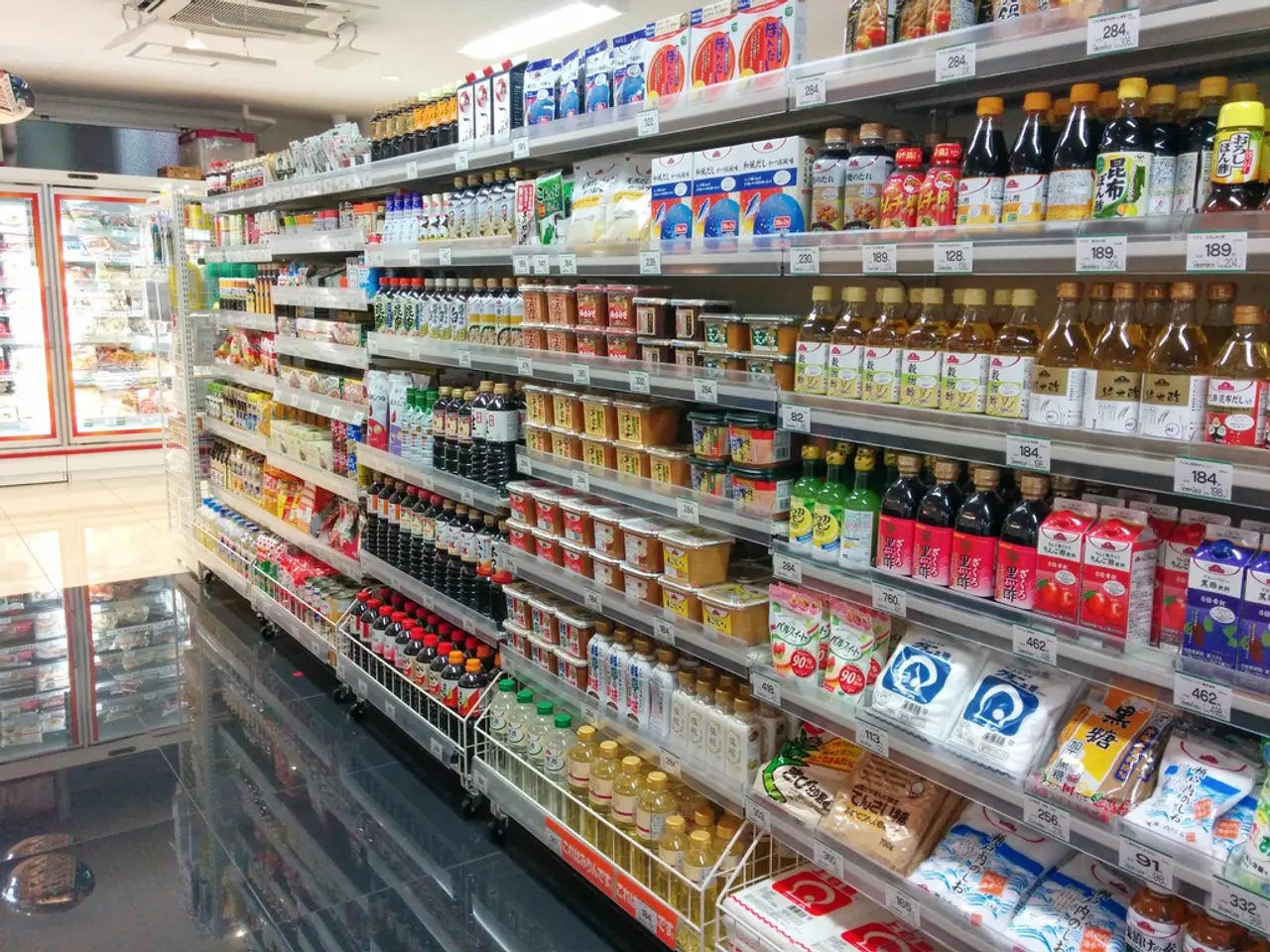UAE, Malaysia Boost Economic Ties with Comprehensive Trade Deal
The United Arab Emirates (UAE) and Malaysia have taken a significant step in their economic partnership with the activation of their Comprehensive Economic Partnership Agreement (CEPA). The CEPA, which includes a dedicated chapter on the Islamic Economy, is set to boost trade and foster sustainable development, technology transfer, and innovation.
The UAE Minister of Foreign Trade, Dr. Thani bin Ahmed Al Zeyoudi, hailed the ratification as a 'significant milestone', highlighting key sectors such as healthcare, artificial intelligence, renewable energy, and logistics for growth. This is Malaysia's first trade agreement with a Gulf Cooperation Council (GCC) nation, further reinforcing its economic ties with the Arab world.
The CEPA is expected to have a substantial impact on bilateral trade. It aims to more than double overall trade, which stood at $5.5 billion in 2024, with a target of raising non-oil trade to $13.5 billion by 2032. The agreement aligns with the UAE's broader foreign trade strategy, which seeks $1 trillion in total trade and an $800 billion economy by 2031. It introduces measures to reduce or remove tariffs, streamline customs procedures, and encourage private sector collaboration.
The entry into force of the CEPA comes after the UAE expanded its official trade partners with similar agreements with India, Ukraine, and Australia. Bilateral trade between the UAE and Malaysia has already seen a 30.9 percent increase in the first half of 2025, reaching $3.3 billion. The CEPA aims to expand economic cooperation across multiple sectors and strengthen long-term commercial ties between the two nations.







